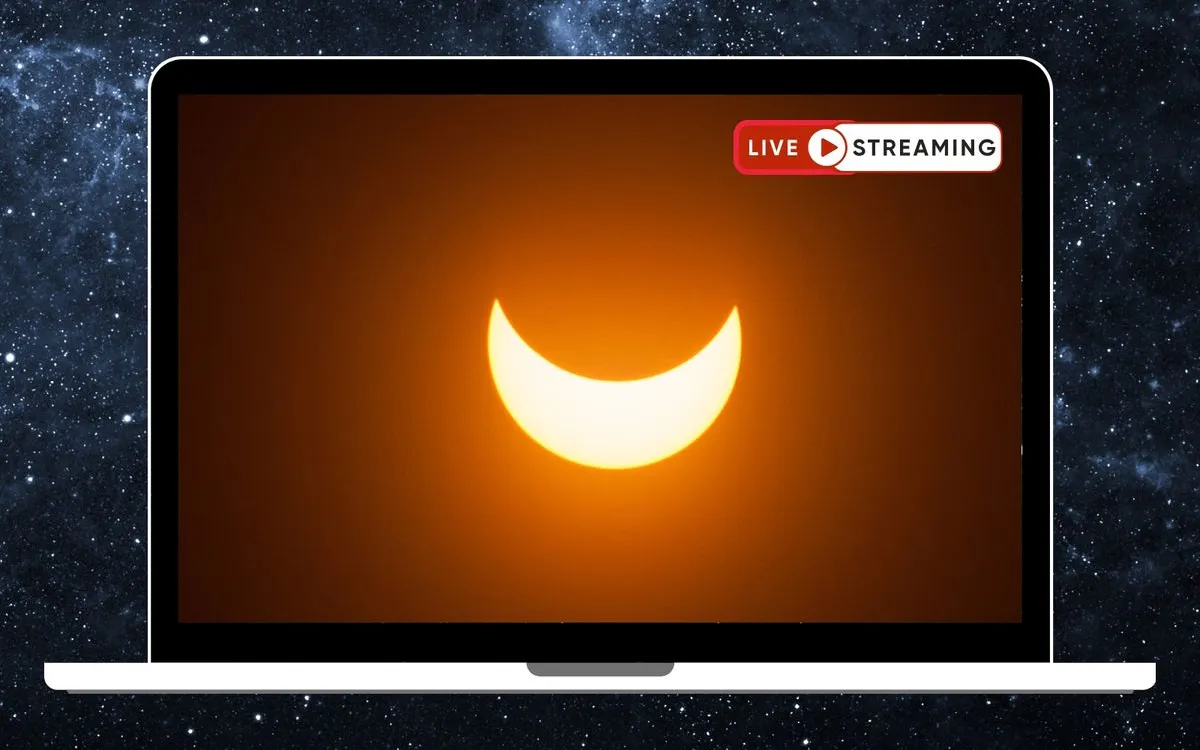
On March 29, a captivating partial solar eclipse will take place, and you can witness this celestial event from the comfort of your home, completely for free. During the morning hours of March 29, the new moon will partially obscure the sun's disk, resulting in a stunning visual effect that resembles a 'bite' taken out of the sun. This phenomenon will be observable at sunrise in North America and mid-morning across Europe.
If you are unable to experience the eclipse in person, worry not—there will be numerous livestreams available online, weather permitting, so you can enjoy all the action of the partial solar eclipse. We have compiled a list of our favorite streaming options below, ensuring you don’t miss out on this spectacular event.
A partial solar eclipse occurs when the moon passes between the sun and Earth, but they do not align perfectly. As a result, only a portion of the sun will be obscured, creating a striking crescent shape that is a visual delight for viewers. For those fortunate enough to witness the eclipse at sunrise, there is a possibility of seeing the rare phenomenon known as solar horns.
The renowned team at timeanddate will host a livestream of the partial solar eclipse, starting at 5:30 a.m. EDT (0930 GMT) on March 29. They are collaborating with amateur astronomers across Canada and Europe to provide the best views of this upcoming eclipse. Enthusiasts may even see the remarkable devils' horns, thanks to amateur astronomers Chris Curwin, Mike Powell, and Paul Owen, who will be tracking the eclipse at sunrise along the Bay of Fundy in Canada.
In addition to the livestream, timeanddate offers a wealth of resources related to the eclipse, including interactive maps and tailored viewing times specific to your location. For those eager to stay updated with the latest developments, our solar eclipse live blog is an excellent source of information.
Mark your calendars for March 29, and prepare to be amazed by the beauty of the partial solar eclipse. Whether you are watching it live or via a stream, this event is sure to leave you in awe of the wonders of our solar system.